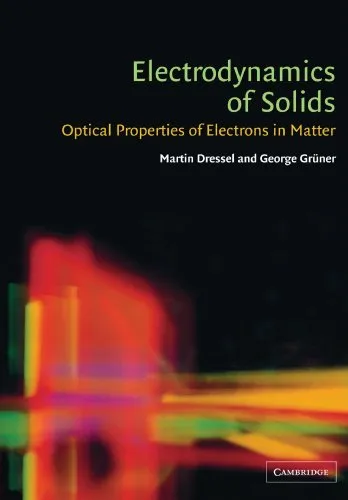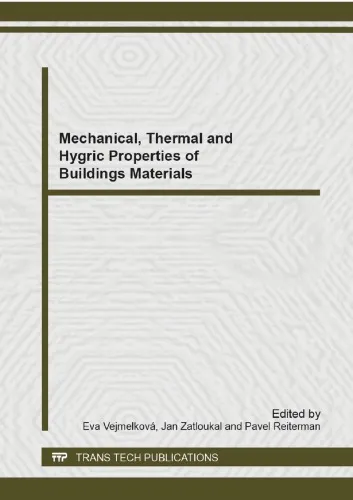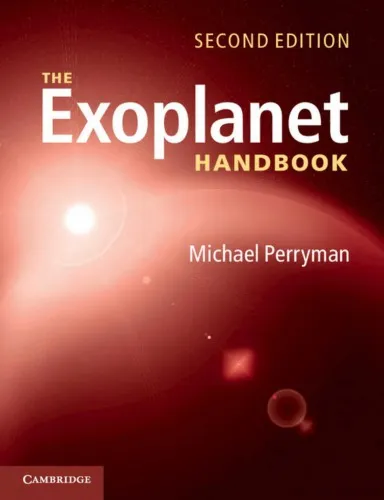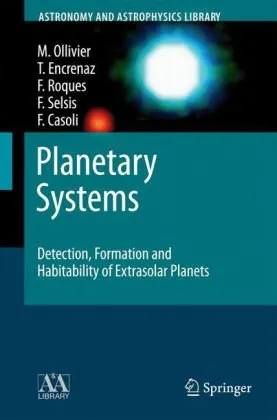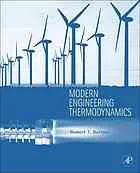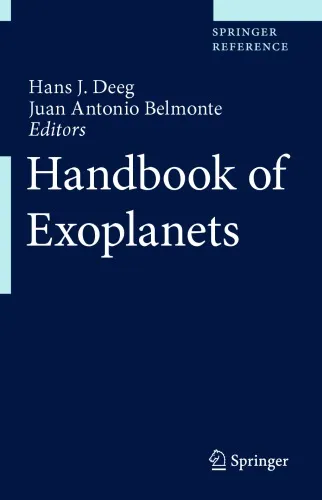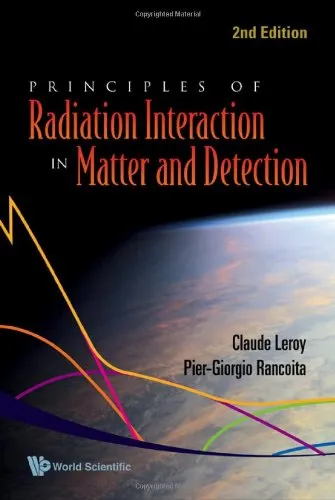Exoplanets: Detection, Formation, Properties, Habitability (Springer-Praxis Books in Astronomy and Planetary Sciences)
4.0
Reviews from our users

You Can Ask your questions from this book's AI after Login
Each download or ask from book AI costs 2 points. To earn more free points, please visit the Points Guide Page and complete some valuable actions.Related Refrences:
Introduction to "Exoplanets: Detection, Formation, Properties, Habitability"
Over the past few decades, the field of astronomy has undergone a revolutionary transformation, and at the forefront of this transformation stands the discovery and study of exoplanets—planets that orbit stars beyond our own Sun. "Exoplanets: Detection, Formation, Properties, Habitability" is a comprehensive exploration of this dynamic and rapidly growing branch of planetary science. This book delves deep into the methods, findings, and future frontiers of exoplanet research, making it an essential resource for scientists, students, and enthusiasts eager to understand worlds beyond our solar system. Written to cater to a blend of academic rigor and accessible language, the book serves as both a reference and an inspiration for further studies.
Detailed Summary of the Book
The book begins by introducing the fascinating history of exoplanet research—chronologically tracing humanity's evolving understanding of extrasolar worlds. From ancient philosophical musings to the groundbreaking discoveries enabled by technologies like the Kepler Space Telescope and radial velocity methods, readers are guided through the milestones that shaped this field. The text is carefully organized into chapters, each dedicated to critical aspects of exoplanetary science.
Discussions include detailed explanations of the methods scientists use to detect exoplanets, such as transit photometry, direct imaging, and spectroscopy. These techniques are not only dissected for their scientific underpinnings but also explored for their implications in expanding our knowledge of planetary systems. The book then transitions to the formation of planetary systems, examining protoplanetary disks, accretion processes, and the migration of planets within stellar systems.
Beyond formation dynamics, "Exoplanets" investigates the properties that make each world unique. Factors such as size, mass, surface conditions, and atmospheric composition are analyzed, providing readers with a nuanced understanding of what makes an exoplanet "Earth-like" or far more exotic than anything within our solar system. Finally, the book addresses the tantalizing question of habitability. How do scientists search for signs of life? What defines the habitable zone of a star? Through these discussions, readers are invited to contemplate the possibility of life beyond Earth.
The thematic structure of this book ensures a thorough yet coherent journey through the universe of exoplanets, combining technical depth with accessible explanations to ensure relevance to both experts and newcomers in the field.
Key Takeaways
- Cutting-edge methods for detecting exoplanets hold the potential to revolutionize our understanding of the cosmos.
- The diversity of exoplanets discovered so far challenges preconceived notions about planetary systems.
- A planet's atmosphere and chemical composition are critical indicators of its potential to support life.
- The "habitable zone" is a dynamic concept that depends not only on distance from the star but also on planetary and stellar characteristics.
- The search for life on exoplanets is not just a scientific quest—it is a profound philosophical exploration of humanity's place in the universe.
Famous Quotes from the Book
"Discovering a new planet is not just about a faraway world; it is about understanding the story of all planetary systems, including our own."
"Every exoplanet challenges our assumptions, surprising us with diversity we could never have imagined."
"The search for habitability is the search for ourselves reflected in the mirror of the cosmos."
Why This Book Matters
The discovery of exoplanets has paved the way for revolutionary advancements in our understanding of the universe. This book stands at the crossroads of science, philosophy, and technology, offering readers insights into one of humanity’s most profound questions: are we alone? By blending rigorous research with thought-provoking discussions, "Exoplanets: Detection, Formation, Properties, Habitability" not only educates its readers but also ignites a sense of wonder that is vital for continued exploration.
For those intrigued by the unknown, this book serves as an invitation to peer into the vastness of space and reflect on the interconnections between ourselves and the cosmos. Its content is not just informative but also transformative, making it a must-read for anyone passionate about discovering new frontiers in science and life.
Free Direct Download
You Can Download this book after Login
Accessing books through legal platforms and public libraries not only supports the rights of authors and publishers but also contributes to the sustainability of reading culture. Before downloading, please take a moment to consider these options.
Find this book on other platforms:
WorldCat helps you find books in libraries worldwide.
See ratings, reviews, and discussions on Goodreads.
Find and buy rare or used books on AbeBooks.
1248
بازدید4.0
امتیاز0
نظر98%
رضایتReviews:
4.0
Based on 0 users review
Questions & Answers
Ask questions about this book or help others by answering
No questions yet. Be the first to ask!

